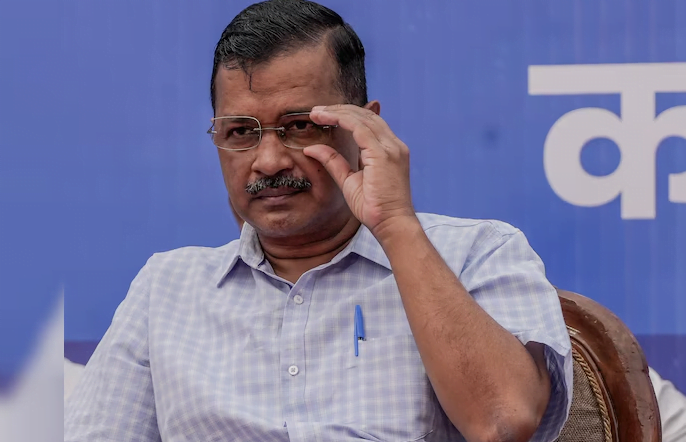Introduction
The Delhi High Court recently made statements regarding the ongoing situation involving Chief Minister Arvind Kejriwal’s arrest and its impact on the governance of the capital. This article explores the court’s critique, AAP’s response, and the potential consequences for the citizens of Delhi.
Arvind Kejriwal’s Role as Chief Minister
Arvind Kejriwal has been a prominent figure in Delhi politics, known for his leadership as Chief Minister since 2013. His tenure has seen both praise and criticism, but recent legal troubles have placed his role under scrutiny. Kejriwal’s arrest in connection with an alleged money laundering case has sparked a debate about his ability to continue serving as Chief Minister while in custody.
The Delhi High Court’s Critique
The Delhi High Court pulled up the city government for not providing books to students in MCD schools. The court accused the Delhi government of prioritizing political interests over the well-being of the children. The judges expressed disappointment in the government’s approach, suggesting that Kejriwal’s continuation in office despite his arrest may be hindering governance.
MCD Schools and Educational Materials
The issue of non-supply of books and educational materials to students in Municipal Corporation of Delhi (MCD) schools is at the center of the controversy. The Delhi government blamed the lack of a standing committee for the hold-up in distributing these materials. This delay affects the students’ education and overall quality of life.
AAP’s Response and Criticism
The Aam Aadmi Party (AAP) pushed back against the court’s statements, arguing that the lack of a standing committee was due to the Lieutenant Arvind Kejriwal Governor’s illegal appointment of aldermen. This, according to AAP, prevented the formation of the committee and led to the current issues with educational materials.
Court’s Expectations from the Delhi Government
The court emphasized that the Delhi government must act in the national interest, not just for political gains. It suggested that Kejriwal’s arrest and the subsequent governance issues were a result of his administration’s pursuit of power. The court called for action to resolve the situation and prioritize the needs of the children.
Implications of Kejriwal’s Legal Troubles
Kejriwal’s legal troubles have created uncertainty in Delhi’s governance. His continued role as Chief Minister while in custody poses challenges for decision-making and administrative processes. This situation could potentially disrupt ongoing projects and policies, affecting the lives of Delhi’s citizens.
Future Prospects and Consequences
The ongoing legal and political issues could lead to changes in Delhi’s governance structure. The outcome of the court’s case may impact Arvind Kejriwal political future and the effectiveness of the Delhi government. For now, the situation remains fluid, and its resolution will determine the path forward for the capital.
Conclusion
The Delhi High Court’s critique of Arvind Kejriwal’s leadership and the handling of the educational material crisis raises significant questions about the governance of Delhi. It highlights the need for accountability and action in addressing the issues affecting the city’s citizens. Ultimately, the situation underscores the importance of responsible leadership and governance.
Kejriwal Lawyer on Jail Diet: ‘Mangoes Thrice, Sweets Six Times 2024
FAQs
- What is the court’s main concern about Arvind Kejriwal’s leadership? The court is concerned that Kejriwal’s continued leadership may prioritize political interests over the well-being of Delhi’s citizens, especially students in MCD schools.
- How has AAP responded to the court’s critique? AAP has argued that the lack of a standing committee, due to the Lieutenant Governor’s appointment of aldermen, is responsible for the current issues in MCD schools.
- What impact could Kejriwal’s arrest have on Delhi’s governance? Kejriwal’s arrest could disrupt decision-making processes and the implementation of policies, potentially affecting the lives of Delhi’s citizens.
- What did the court say about the Delhi government’s actions? The court criticized the Delhi government for placing political interests above the needs of students and urged for action to resolve the crisis.
- What are the possible outcomes of the ongoing situation? The ongoing situation may lead to changes in Delhi’s governance structure and impact Kejriwal’s political future. The resolution of the court’s case will determine the next steps for the capital.
